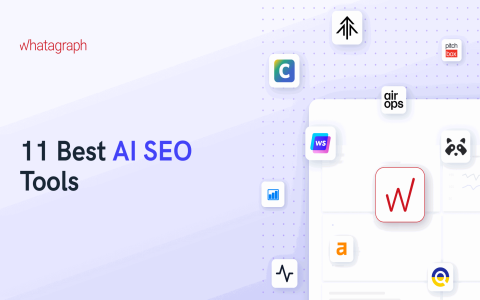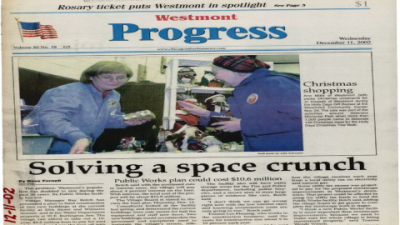Let me be honest with you - I've written probably thousands of titles over the years, and most of them were terrible. Really terrible. But here's the thing about SEO titles that nobody talks about enough: they're not just about pleasing Google anymore. They're about connecting with real people who are scrolling through search results at AM looking for answers.
I remember when I first started doing SEO work back in 2020. I thought if I just stuffed enough keywords into a title, magic would happen. Spoiler alert: it didn't. What I learned instead is that writing great titles is part science, part art, and a whole lot of understanding what makes people tick.
Why Your Titles Probably Aren't Working (And It's Not What You Think)
Here's something that might surprise you - I've seen perfectly optimized titles with all the right keywords get completely ignored while "imperfect" titles go viral. The difference? The viral ones felt human.
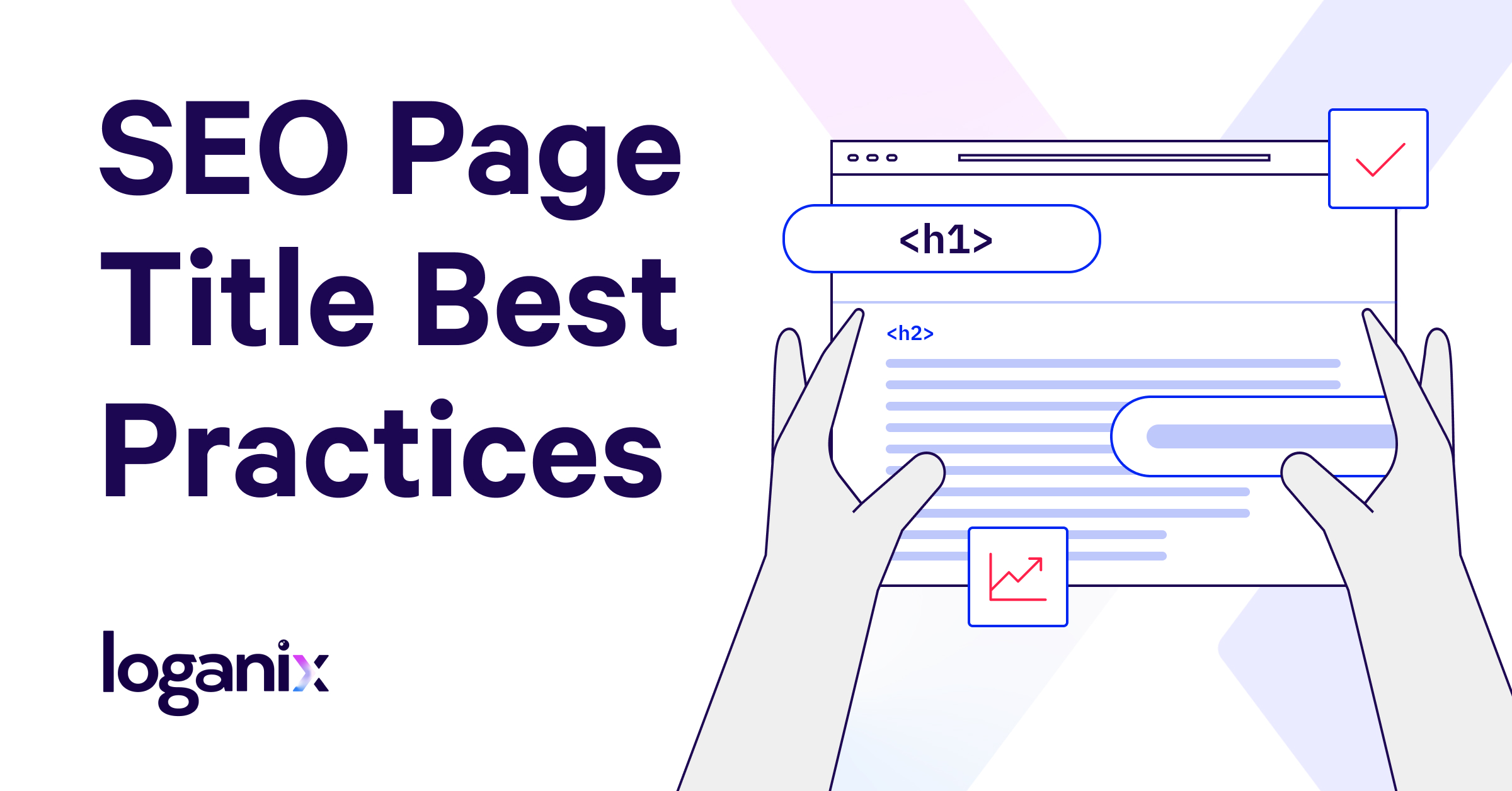
Think about it this way: when you're searching for something, what makes you click? Is it the title that sounds like it was written by a robot, or the one that feels like it was written by someone who actually gets your problem?
Google's gotten scary good at understanding user experience. Their E-E-A-T algorithm (Experience, Expertise, Authoritativeness, Trustworthiness) isn't just looking for keyword density anymore. It's looking for content that real people actually want to read. And that starts with your title.
I've noticed something interesting in my own analytics. Articles with titles that include personal elements or conversational language consistently outperform the "perfectly optimized" ones. Sometimes the best SEO strategy is just being human.
The Building Blocks of Titles That Actually Work
Length - But Not How You Think
Everyone says 50- characters, right? Well, yes and no. I've had 65-character titles perform amazingly well because they were just more compelling. The real trick isn't counting characters - it's making sure the most important part of your title shows up in those first characters.
Here's a little secret I learned the hard way: different devices show different amounts of your title. Mobile users might see less than desktop users. I once spent hours perfecting a 58-character title only to realize it got cut off weirdly on mobile. Now I always test on multiple devices first.
Keywords That Don't Feel Like Keywords
The best keyword placement feels natural. If you're forcing your keyword into awkward positions just to get it early in the title, you're probably doing it wrong. I'd rather have a keyword in position that flows naturally than in position that makes the title sound robotic.
LSI keywords are your friend here, but don't overthink them. If you're writing naturally about your topic, they'll show up on their own. I stopped using LSI keyword tools years ago and just started writing like I was explaining the topic to a friend. Works better.
The Psychology Stuff (Power Words and All That)
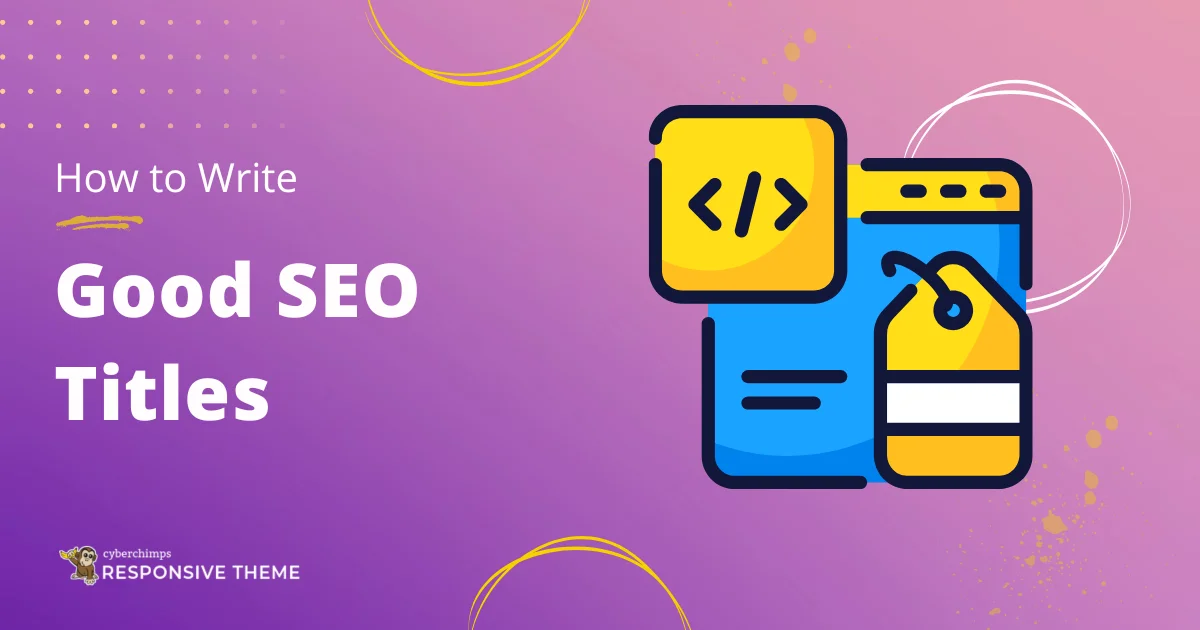
Okay, so power words do work. But here's what most guides won't tell you - they work because they're specific, not because they're "powerful." Instead of "Ultimate Guide," try "The Guide I Wish I Had." Instead of "Proven Strategies," try "What Actually Worked for Me."
Numbers are weird in titles. Everyone says odd numbers work better, and in my experience, that's mostly true. But you know what works even better? Specific, unexpected numbers. Instead of " Tips," try " Tips" or " Weird Tips." The slight unexpectedness makes people curious.
Formats That I've Seen Work (In the Real World)
Questions - But Make Them Real Questions
"How to Optimize Your Website" is boring. "Why Does My Website Load So Slowly (And How I Fixed Mine)" is interesting. The difference is that one sounds like a manual, the other sounds like a story someone might actually want to read.
I've found that questions work best when they address the internal monologue your reader is having. What are they actually thinking when they search for your topic?
Lists - But Not the Boring Kind
Everyone does listicles now, so you have to stand out. Instead of " SEO Tips," try " SEO Mistakes I Made So You Don't Have To" or "The SEO Tactics That Actually Moved the Needle."
The key is making it personal or specific. Generic lists get ignored because people have seen them a thousand times.
Behind-the-Scenes and Case Study Titles
These perform incredibly well because they promise real information instead of generic advice. "How I Increased My Traffic by 300% in Months" will always outperform "How to Increase Website Traffic" because it implies you're getting the real story, not just theory.
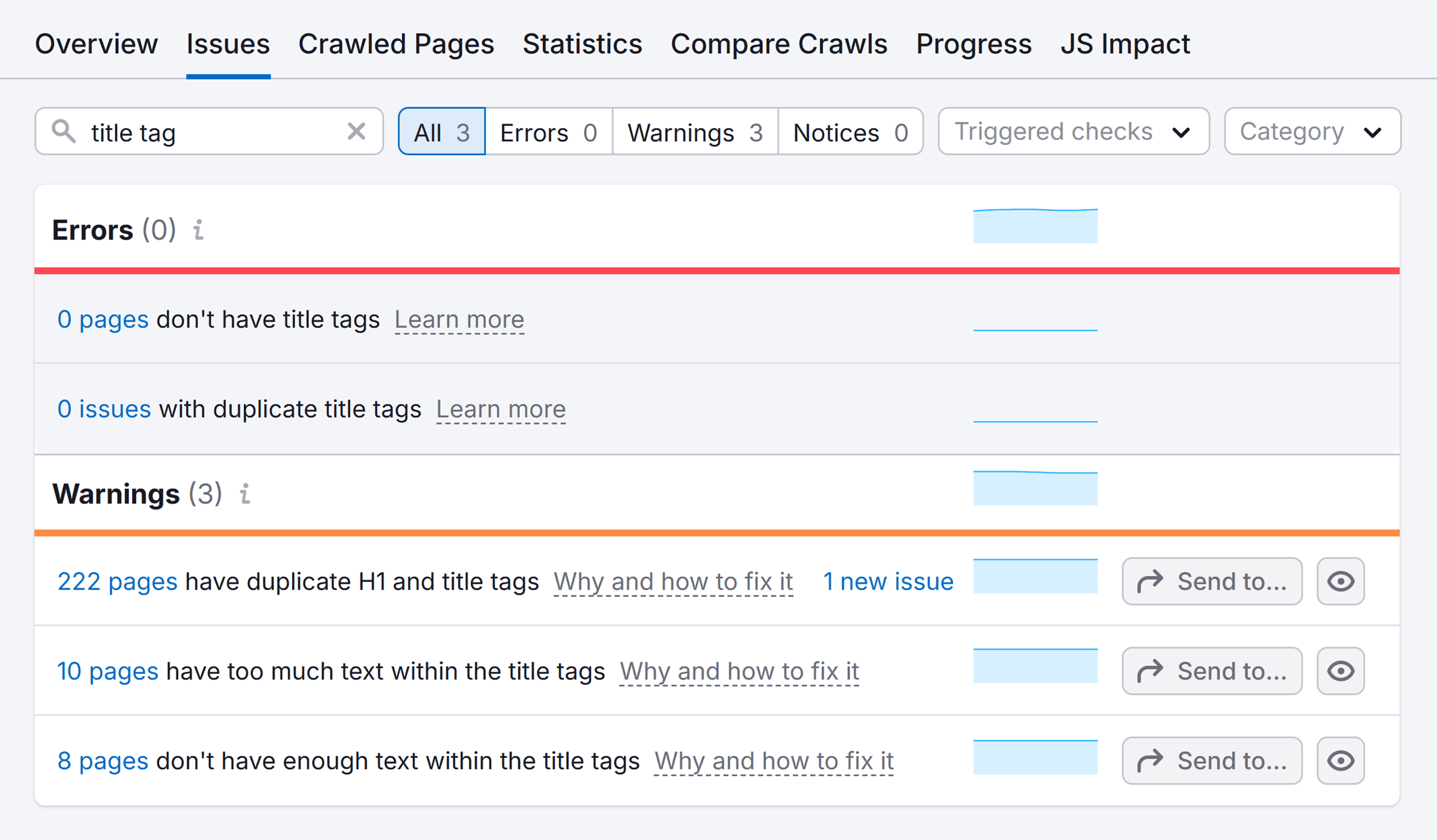
The Technical Stuff (That Actually Matters)
I'm going to level with you - most of the technical SEO advice about titles is overthinking it. Yes, you want your primary keyword in there. Yes, you want it to be the right length. But beyond that, focus on making it compelling.
One technical thing that does matter: mobile optimization. More people are searching on mobile now, and mobile search results look different. Your title needs to work on a small screen, which usually means front-loading the most important information.
Brand names in titles are tricky. If you're Nike, include it. If you're starting out, probably focus on the value you're providing instead. I see too many small businesses wasting precious title real estate on brand names that don't mean anything to searchers yet.
Testing and Measuring (Without Going Crazy)
Here's something I wish someone had told me earlier: you don't need to A/B test every title. Focus your testing energy on your most important pages - the ones that actually drive business results.
That said, when you do test, don't just look at click-through rates. I've had titles with great CTR that brought in terrible traffic - people who clicked but immediately bounced. Better to have a slightly lower CTR with engaged visitors.
What to Actually Track
Click-through rate is obvious, but also look at:
-
Time on page (are people sticking around?)
-
Bounce rate (did your title mislead people?)
-
Conversion rate (if applicable)
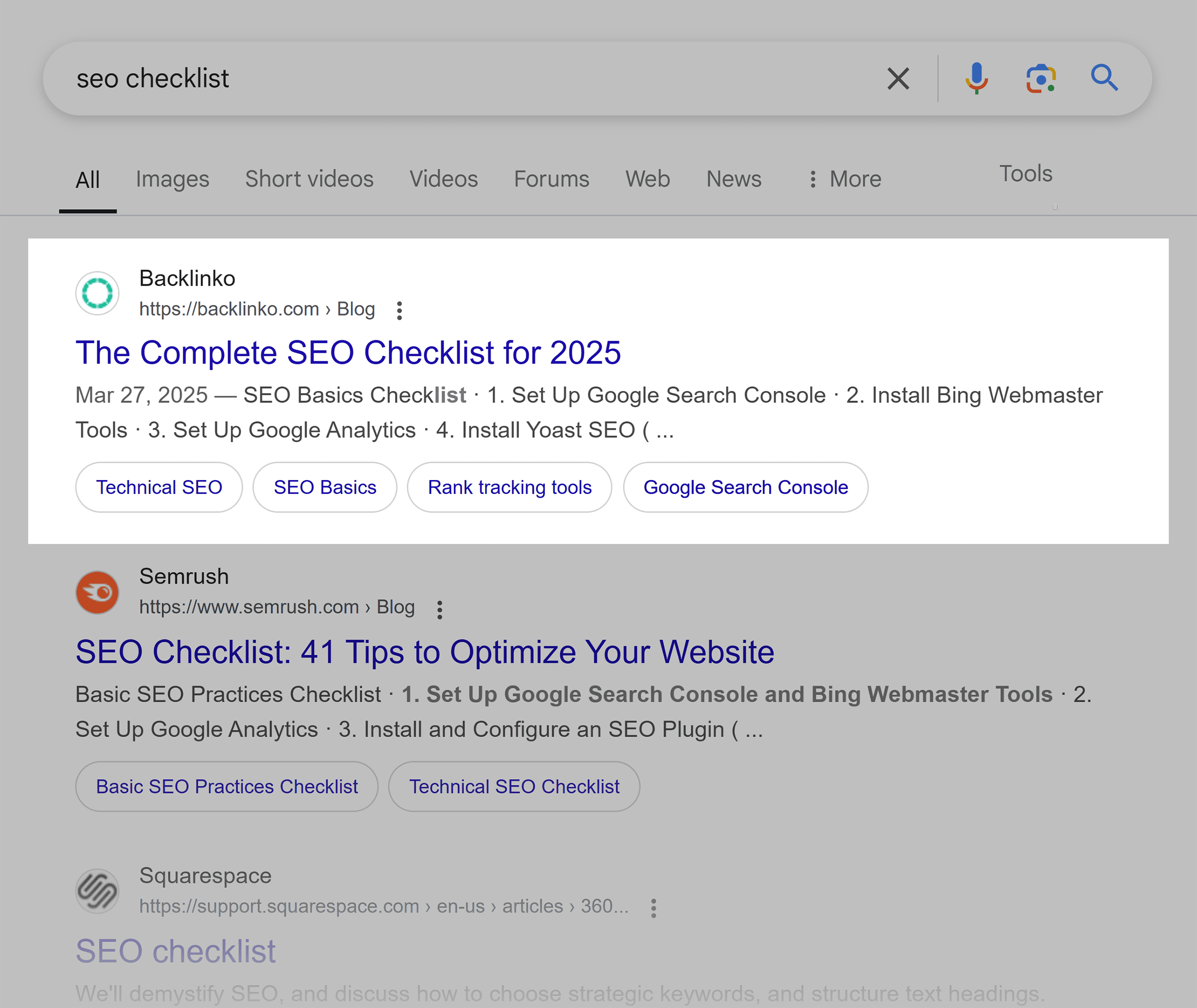
-
Social shares (do people think it's worth sharing?)
Sometimes a title change can improve all of these metrics, not just CTR.
Mistakes I See Everywhere (And Made Myself)
The biggest mistake I see is trying to optimize for search engines instead of humans. Your title needs to work for both, but humans come first. If a human wouldn't click on it, Google's algorithm probably won't reward it either.
Duplicate titles across pages are still a huge problem. I get it - it's easier to reuse titles. But every page is different, and your titles should reflect that. Even similar pages should have unique angles in their titles.
Another big one: not matching search intent. If someone searches "best budget laptops" and your title is "Why Expensive Laptops Are Worth It," you're missing the point completely.
What I Think Will Change (And What Won't)
AI is definitely changing how we write titles, but I don't think it's going to replace human creativity anytime soon. The best titles still come from understanding your audience on a human level.
Voice search is making titles more conversational, which I think is a good thing. People are searching more like they talk, so titles should reflect that.
What won't change: the need to be genuinely helpful. Google's getting better at identifying thin content, and titles are part of that evaluation. You can't trick your way to success anymore.
Questions People Actually Ask Me
Should every title have the current year in it?
No, but it helps for topics where freshness matters. Don't force "2025" into every title, but for things like "best tools" or "current trends," it signals that your information is up-to-date.

Can I use clickbait titles for SEO?
Define clickbait. If you mean misleading titles that don't deliver on their promise, no. If you mean compelling titles that make people curious, absolutely. The key is delivering on what you promise.
How do I know if my title is too long?
Test it in a SERP preview tool, but more importantly, read it out loud. If it feels too long when you say it, it probably is.
Should I put keywords at the beginning even if it sounds awkward?
No. Natural language wins over awkward keyword placement every time. Google's smart enough to understand context now.
Do emotional words really make a difference?
In my experience, yes, but only if they're genuine. "Ultimate" and "Amazing" are overused. Try more specific emotions - "frustrating," "surprising," "overlooked."
The Bottom Line
After all these years of testing and tweaking, here's what I've learned: the best SEO titles don't feel like SEO titles. They feel like genuine recommendations from someone who knows what they're talking about.
Your title is often the first impression people have of your content. Make it count. Make it human. Make it something you'd actually click on yourself.
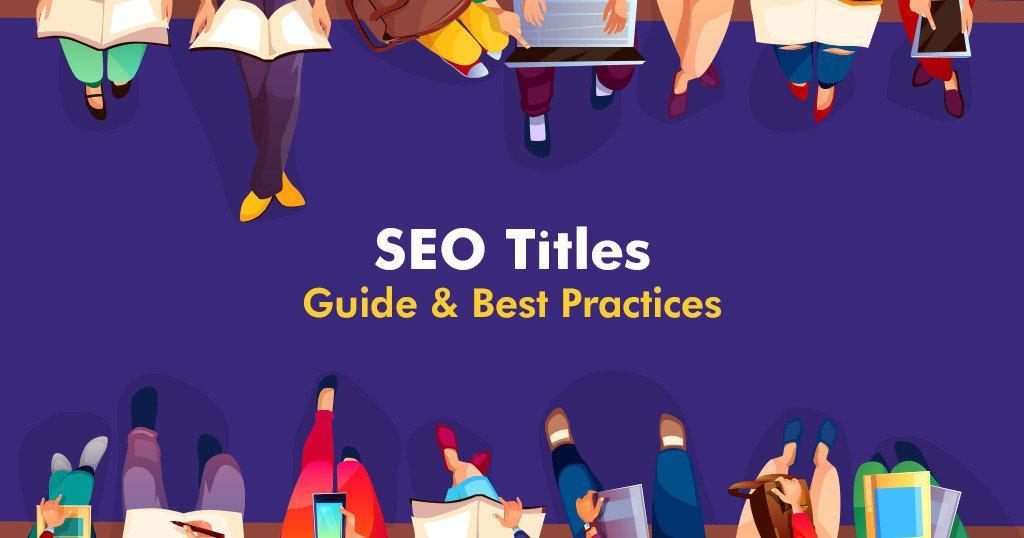
The technical stuff matters, but it's table stakes now. What separates good titles from great ones is understanding your audience well enough to speak their language. And that's something no algorithm can teach you - you have to learn it by paying attention to real people and what actually resonates with them.
Start there, and the rest will follow.
